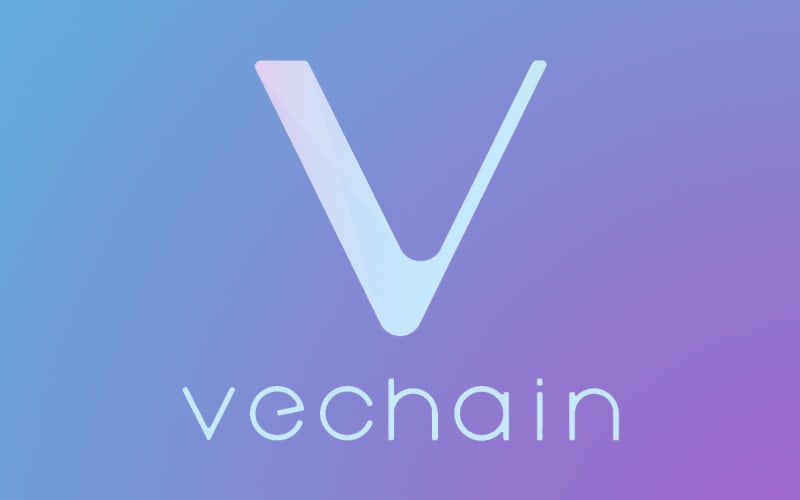While blockchain is most famous for its role in facilitating the rise of digital currencies over the past several years, there are also many other non-cryptocurrency uses for this technology. Lets look at some of the most popular use cases for blockchain.
Cross-Border Payments
Traditionally, the transfer of value has been both expensive and slow, and especially for payments taking place across international borders. One reason for this is that, when multiple currencies are involved, the transfer process typically requires the participation of multiple banks in multiple locations before the intended recipient can actually collect his or her money. There are existing services to help facilitate this process in a faster way, but these tend to by quite expensive.
Blockchain technology has the potential to provide a much faster and cheaper alternative to traditional cross-border payments methods.
Indeed, while typical money remittance costs might be as high as 20% of the transfer amount, blockchain may allow for costs just a fraction of that, as well as guaranteed and real-time transaction processing speeds. There are hurdles to be passed, including regulation of cryptocurrencies in different parts of the world and security concerns. Nonetheless, this is one of the most promising and talked about areas of blockchain technology application.
Smart Contracts
Smart contracts are often seen as a highly powerful application of blockchain technology. These contracts are actually computer programs that can oversee all aspects of an agreement, from facilitation to execution. When conditions are met, smart contracts can be entirely self-executing and self-enforcing. For proponents of smart contracts, these tools provide a more secure, more automated alternative to traditional contract law, as well as an application that is faster and cheaper than traditional methods.
A smart contract, like a vending machine, has logic programmed into it. Here's a simple example of how this vending machine might look like as a smart contract:
pragma solidity 0.6.11;
contract VendingMachine {
// Declare state variables of the contract
address public owner;
mapping (address => uint) public cupcakeBalances;
// When 'VendingMachine' contract is deployed:
// 1. set the deploying address as the owner of the contract
// 2. set the deployed smart contract's cupcake balance to 100
constructor() public {
owner = msg.sender;
cupcakeBalances[address(this)] = 100;
}
// Allow the owner to increase the smart contract's cupcake balance
function refill(uint amount) public {
require(msg.sender == owner, "Only the owner can refill.");
cupcakeBalances[address(this)] += amount;
}
// Allow anyone to purchase cupcakes
function purchase(uint amount) public payable {
require(msg.value >= amount * 1 ether, "You must pay at least 1 ETH per cupcake");
require(cupcakeBalances[address(this)] >= amount, "Not enough cupcakes in stock to complete this purchase");
cupcakeBalances[address(this)] -= amount;
cupcakeBalances[msg.sender] += amount;
}
}
The potential applications of smart contract technology are essentially limitless and could extend to almost any field of business in which contract law would normally apply.
Smart contracts remain one of the most exciting ways that blockchain technology has already extended beyond the cryptocurrency space and into the broader business world.
Identity Management
One of the most problematic results of the internet age has been identity security. As diligent as many individuals and organizations are in maintaining their online identities and securing private information, there are always nefarious actors looking to steal and profit off of these digital items. Blockchain technology has already demonstrated the potential for transforming the way that online identity management takes place.
Blockchain offers a tremendous level of security, thanks to independent verification processes that take place throughout member computers on a blockchain network.
In digital currency cases, this verification is used to approve transaction blocks before they are added to the chain. This mechanism could just as easily be applied to other types of verification procedures, including identity verification and many other applications as well.
The applications for blockchain and identity management are wide-ranging. For instance, blockchain could potentially be used to aid in maintaining voter information and ensuring proper functioning
of the electoral process. Blockchain could be used to securely and efficiently transfer user data across platforms and systems. The technology could also be used to maintain and protect records of real estate ownership, titles, and more.
Supply Chain Uses
For many businesses across various industries, a key to success is a well-functioning, efficient supply chain. Blockchain technology has already been used in multiple industries as a means of keeping tabs on supply chains and ensuring their efficiency. This could eliminate human work and the potential for error from a complex and crucial process.
Vechain
Examples of How VeChain Can Be Used
The VeChain platform can be used to track quality, authenticity, storage temperature, transportation medium, and last-mile delivery of a medicine pack or an alcohol bottle right from the manufacturing facility through to the final delivery to the end customer. To accomplish this goal, VeChain uses smart chips or Radio Frequency Identification (RFID) tags and sensors that broadcast key information onto the blockchain network that can be accessed in real-time by authorized stakeholders.
The application of sensors means that all parameters related to the product can be constantly monitored and problems, if any, can be communicated back to the relevant stakeholders. Manufacturers and customers are informed if a drug packet is stored outside a prescribed temperature range, allowing for service improvements and better quality control.
In another example, the VeChain platform can enable automobile owners to own their data and use it to negotiate better terms and policies with their insurance companies.









Top comments (0)